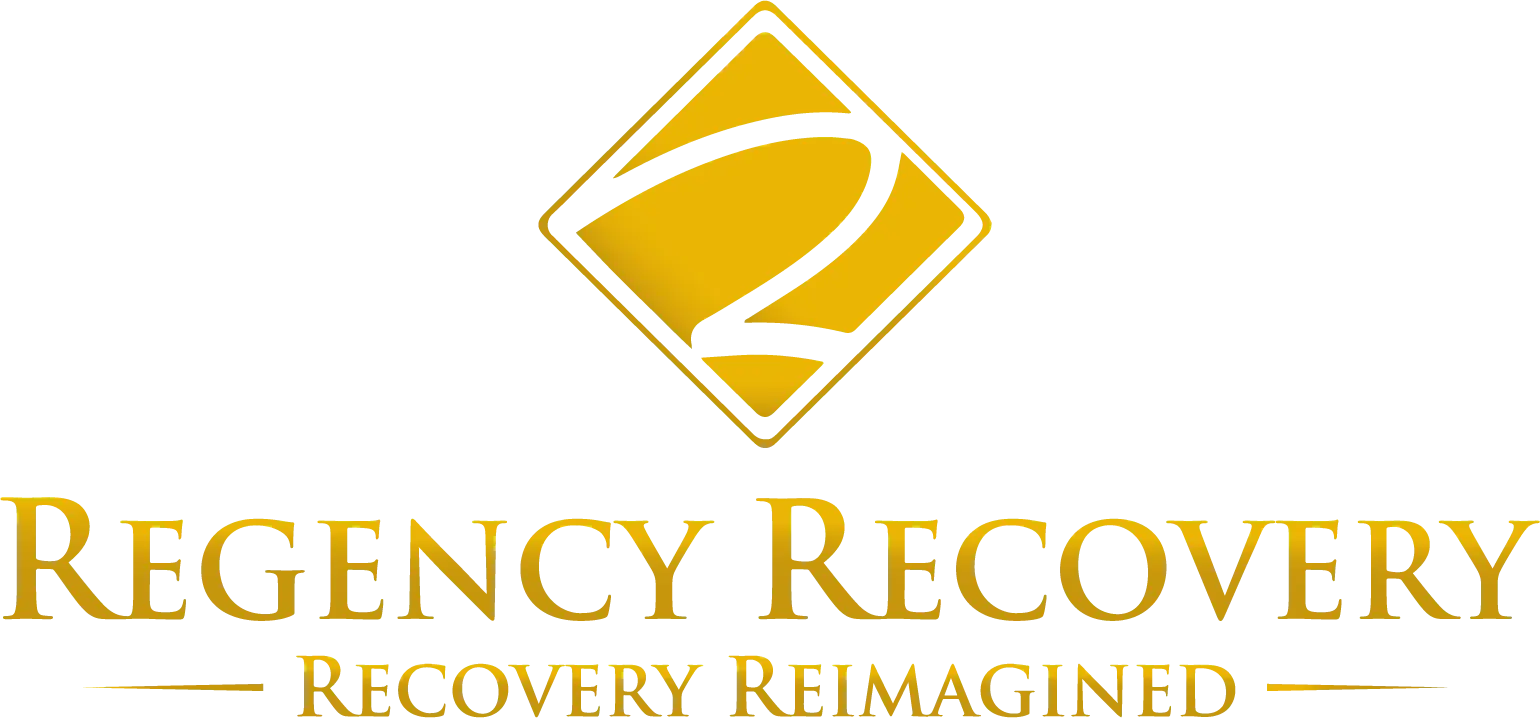Intensive Outpatient Program Prescott AZ
Are you searching for more information about an intensive outpatient program or IOP? Intensive Outpatient Program is a supervised rehabilitation program that is highly recommended by medical and clinical evaluation. IOP is generally recommended for people who don’t require medically supervised detoxification. It is sometimes used as a last resort for substance abuse patients, particularly those with cirrhosis, multiple co-occurring disorders, or alcoholism. The term ‘intensive outpatient’ is used to describe a drug rehab facility that offers patients highly supervised detoxification under very strict medical supervision. It can also refer to a medically supervised rehab center that is mostly for out-patient treatment.
What is an intensive outpatient program? An intensive outpatient program is one in which the patient is given highly supervised, all-round detoxification under a professional medical staff. The duration of the treatment varies from case to case and may last up to 30 days.
What are the main components of the intensive outpatient program? In addition to the general medical care that is provided by a licensed physician, the intensive outpatient program also includes various other services, including medication monitoring, detoxification protocols and the intake of other medications, such as Acamprosate, Atarol and Gemfibrozil. There is considerable literature on the use of these medications in the treatment of mental illnesses, including alcohol and drug addiction. These studies included patients with either alcohol abuse or addiction, as well as people who were suffering from withdrawal symptoms resulting from being treated with benzodiazepines, barbiturates and other non-medical detox agents.
Why is the intensive outpatient program so effective? This is because the patient is closely monitored by medical personnel during the detox period. A strict regiment of detoxification is followed in the intensive outpatient program to minimize the possibility of any relapse. At the end of the program, after a medical history review, the patient is debarked, intravenously given Ditropan and sent home. This follow-up visit is usually for a week or two, depending on the length of the intensive outpatient treatment.
During the follow-up visit, the patient is tested for any physical changes and progress, and results of the physical exam are compared to the assessments at the beginning of the treatment. The medical staff may perform a final clinical assessment using radiological technology to evaluate any progress made with substance abuse iops. The results of this assessment serve as recommendations to the treating physician to help in the formulation of a treatment plan that will maximize the effectiveness of the program. Based on the results of this assessment, the physician will determine the necessity for more intense treatment.
There are many reasons why treatment centers utilize an intensive outpatient program. For example, in a short period of time, individuals have experienced major life changes due to substance abuse, resulting in significant withdrawal symptoms. In addition, some people have been exposed to harmful drugs during their course of treatment which may also be too much to handle on their own. While inpatient treatment is recommended as a first option for most substance abuse cases, many professionals agree that intensive outpatient programs are extremely helpful in minimizing side effects and maximizing the chances for successful treatment. Therefore, when an individual first begins outpatient substance abuse treatment, the primary goal of the treatment team is to provide safe, effective, and compassionate care.
However, when assessing the need for an intensive outpatient treatment program, one must take into consideration the severity and duration of the mental illness or addiction. The severity of the condition determines the type of medication that is prescribed. Also, in order to maximize the results of the treatment program, a decision must be made regarding the type of supports needed to help the patient live his or her life to the fullest while undergoing treatment. Intensive outpatient programs are designed to provide a wide range of services that will help in the majority of cases; however, there are some cases where other treatments may be more appropriate such as inpatient care.
Because many patients are not able to remain sober long enough to complete inpatient care, outpatient programs may be the best solution. These programs allow the individual to pursue recovery without the concern of constant supervision and the presence of others who are struggling with drug addiction or alcoholism. However, in order to successfully treat drug addiction and alcoholism, participation by family and friends is a must. Those who suffer from abuse alcohol addiction do best when they are surrounded by people who recognize their struggles and who are willing to reach out to them for support. When you add friends to the treatment group, it is much easier for them to accept the reality that they need to quit drugs and be dedicated to their goal of sobriety. After all, what good is sobriety if no one believes in it?
